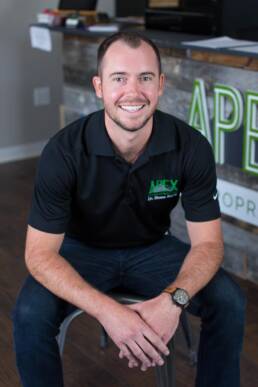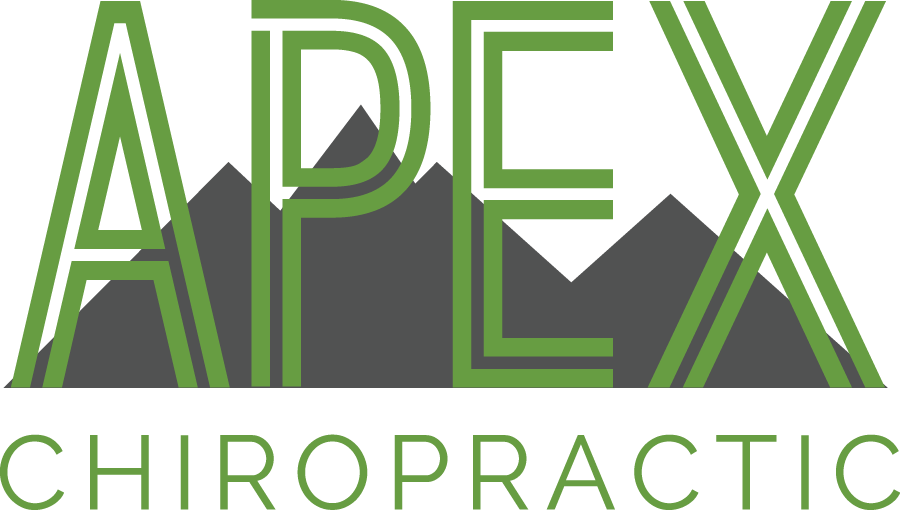Even the most minor of collisions can send a normally cool-headed person reeling. In the midst of all of the stress, emotions and adrenaline, it’s easy to forget what you should do to best protect yourself from both a medical and a legal perspective. Should you find yourself if a wreck, take these ten steps to ensure the best results possible.
1. Call the Police
No matter how big or small the crash, it’s important to alert the police to the incident. Allow them to be the judge of whether or not they’ll come to the scene. By informing the authorities of the accident, you ensure there is an official record of the collision. This will be incredibly helpful as you deal with the insurance company.
2. Seek Medical Attention
Always seek medical attention after a crash. While you might physically feel okay, your body is likely pumping with adrenaline. It’s your body’s way of putting off pain until you’re safe. Whether you call an ambulance to the scene and get checked out by EMS or you head straight from the crash site to the emergency room, it’s important to have a medical professional examine you. Fail to do so and you could face serious legal trouble linking your injuries to the collision.
3. Exchange Information
Never leave the crash scene without exchanging contact and insurance information with the other driver involved. Be sure to get their full name, phone number, email address, driver’s license information and insurance details. You’ll want to be polite in this interaction but resist the urge to apologize for your role in the collision. While you might have been raised to apologize for incidents like this, an apology can be perceived as an admission of fault.
4. Take Photos
While you’re on site, snap a few photos with your phone. Take shots of the damage to all vehicles involved, as well as of the surrounding landscape. Photos of road signs, traffic signals and hazards in the roadway can all help your insurance adjuster better understand how the incident occurred. While you’ve got your phone handy, consider taking a short video explaining the incident while it’s still fresh in your mind. You’ll be surprised how handy this first-hand account can come into play later.
5. Talk to Witnesses
If any witnesses were around at the time of the wreck, ask if they’ll go on record about what they saw. Use your phone to take a short video or audio recording of their account. Then be sure to get their full name, phone number and address. These details will be important should you need to follow up on any of the details they mention in their eyewitness account.
6. Report the Accident
Once you’ve spoken with police and finished up at the scene, you’ll want to call your insurance company and report the accident. Be ready to give the customer service agent any photos, video or contact information you collected at the scene of the accident. This call will likely be the first of many conversations you’ll have with your insurance company over the next few weeks, so be as thorough as possible in your reporting of the incident.
7. Stay Vigilant to Developing Injuries
Injuries sustained in car accidents aren’t always immediately obvious. In some cases, they can take many days or even weeks to become evident. During the period immediately after your accident, be cautious about any aches or pains that might be developing. At the first sign of a health problem, go see a doctor. It’s never too soon to check in with your primary care physician or chiropractor.
8. Keep a File
As you handle calls to the insurance company, your mechanic, your doctor and the police, you’ll want to keep a file of all the associated documents you collect. Copies of your medical records, receipts, police reports and insurance claim forms will be vital to protecting your legal rights. Consider scanning in each document and uploading to the cloud so you have a backup of everything.
9. Protect Your Legal Rights
If there is any doubt about which driver caused the wreck, you’ll want to speak with an attorney about your options. An experienced car accident lawyer can help investigate your crash and even pursue compensation for the damages you sustained. Even if you’re unsure of whether or not you actually need an attorney, a consultation with one can help clear up any questions you have about the legal aspects of your crash. In the meantime, tools like Lawsuit Info Center’s car accident settlement calculator can help you understand how much your damages could be worth.
10. Choose a Trusted Chiropractic Office
If you notice persistent aches and pains after a car accident, you may want to consider seeking a chiropractor. Doing so can help reduce inflammation, reduce scar tissue, and may even benefit your settlement case as you have a medical professional with proper documentation of your injuries.
When choosing a chiropractic office, be sure to choose a trusted practice like Apex Chiropractic to avoid long-term pain associated with car accident injuries and promote the healing process.

Ready to See the Best Chiropractor in Louisville, CO?
Apex Chiropractic believes in thriving through life, not suffering in it. We believe that the activities that we want to partake in do not only desire but are necessary, just as necessary as our daily activities. In order to thrive in life and not suffer, we have to be completely in tune with our bodies. Schedule your appointment with us, today.
Like this article? Spread the word!
Related Posts
April 17, 2023
Whiplash Treatment
How a Chiropractor can help you with your whiplash treatment in Boulder.
November 22, 2022
5 Ways Chiropractic Accelerates Healing After Accident
It's near impossible for accident victims to escape neck and back injuries when they are…
August 24, 2022
3 Treatment Options for Neck Pain After a Car Accident
If neck pain has become an issue ever since your involvement in a car accident, you need…





